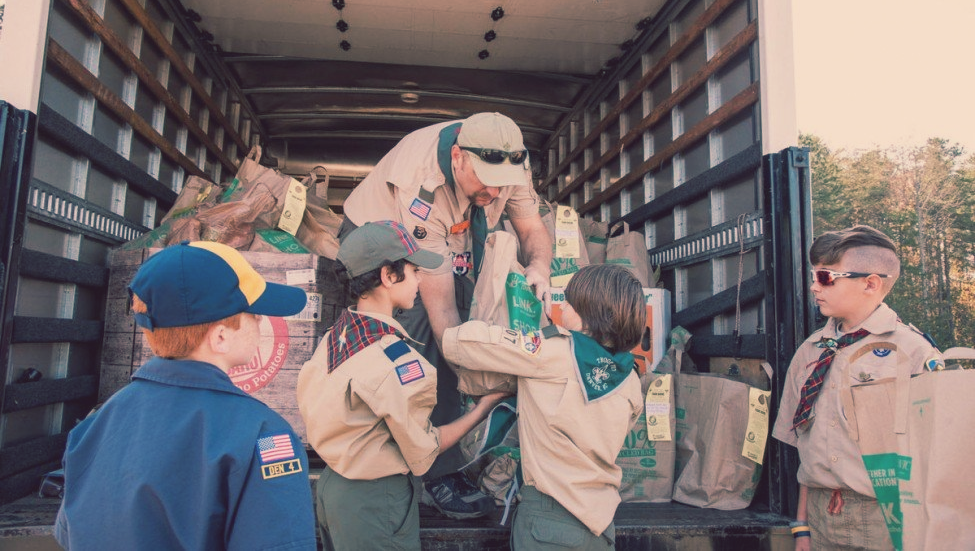In all of this, it is the spirit that matters. Our Scout Law & Promise, when we really put them into practice, take away all occasion for wars and strife among nations.
Sir Robert Baden Powell - Founder of Scouting
CharacterTraining
- Try new things.
- Provide service to others.
- Build self-confidence.
- Reinforce ethical standards.
Duty to God
Good Deeds
Self Reliance
Why Scouting?
Scouting helps meet these six essential needs of young people:
MENTORING
Young people need mentors. Positive relationships with adults—community and religious leaders and, of course, parents—provide youth with good role models and have a powerful impact on their lives. Young people of every age can benefit from constructive, one-on-one interaction with adults beyond their own families. Scouting provides such adult interaction. We have a process that screens, selects, and trains the leaders who can provide that extra attention all young people need to succeed in life.
LIFELONG LEARNING
People need to learn all through their lives. We live in a society that rewards continual acquisition of skills and knowledge. Scouting provides structured settings where young people can learn new skills and develop habits of continual learning that will help them succeed. From its foundation, Scouting has offered a concrete program of discovering, sharing, and applying knowledge and skills.
SERVING OTHERS
Young people need to serve. The level of community service is a good indication of the health of any society. Scouting has, from its inception, been deeply rooted in the concept of doing for others. “Do a Good Turn Daily” is a core Scouting precept. Scouting encourages young people to recognize the needs of others and take action accordingly. Scouting works through neighborhoods, volunteer organizations, and faith-based organizations to help young people appreciate and respond to the needs of others.










